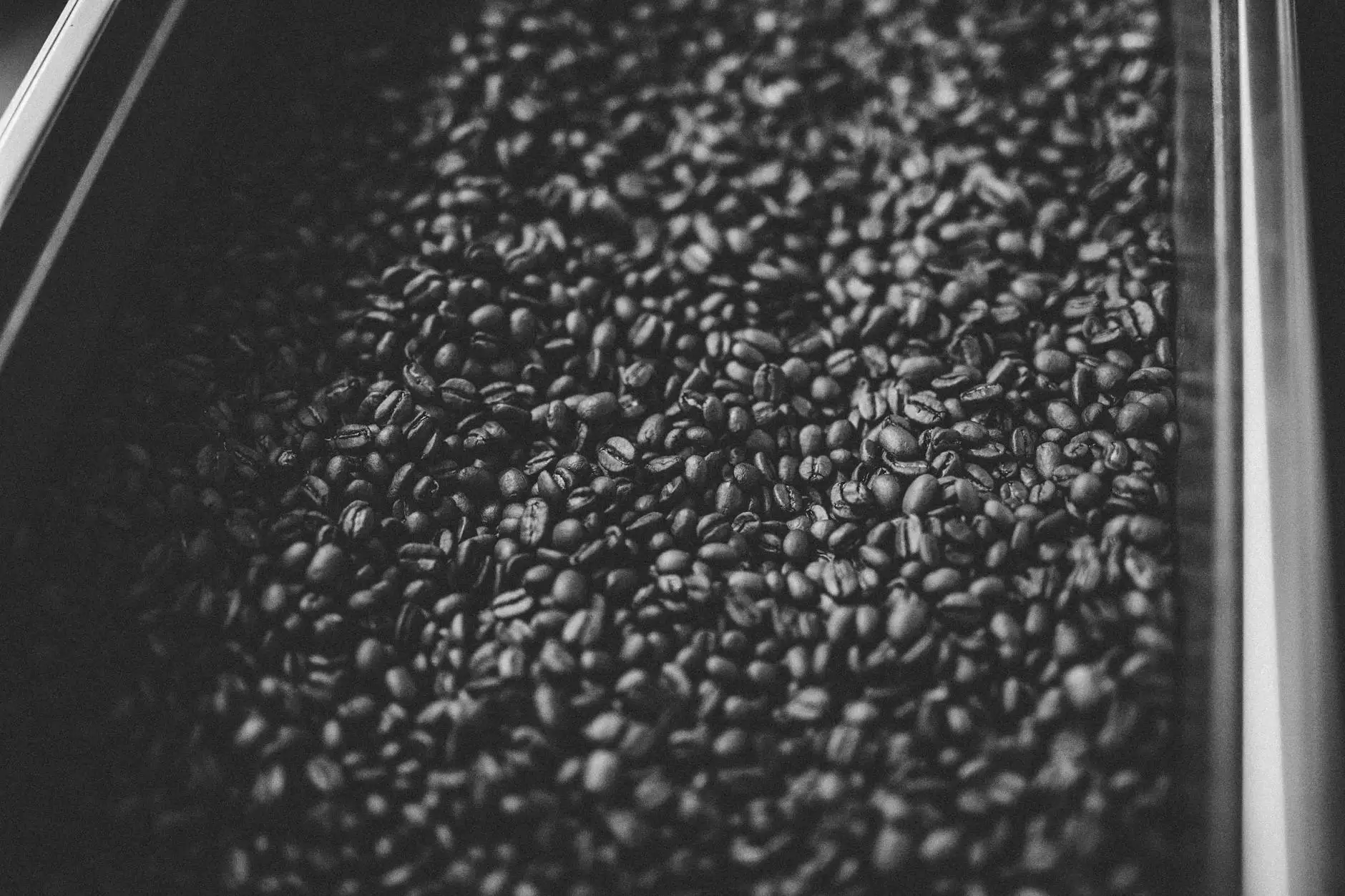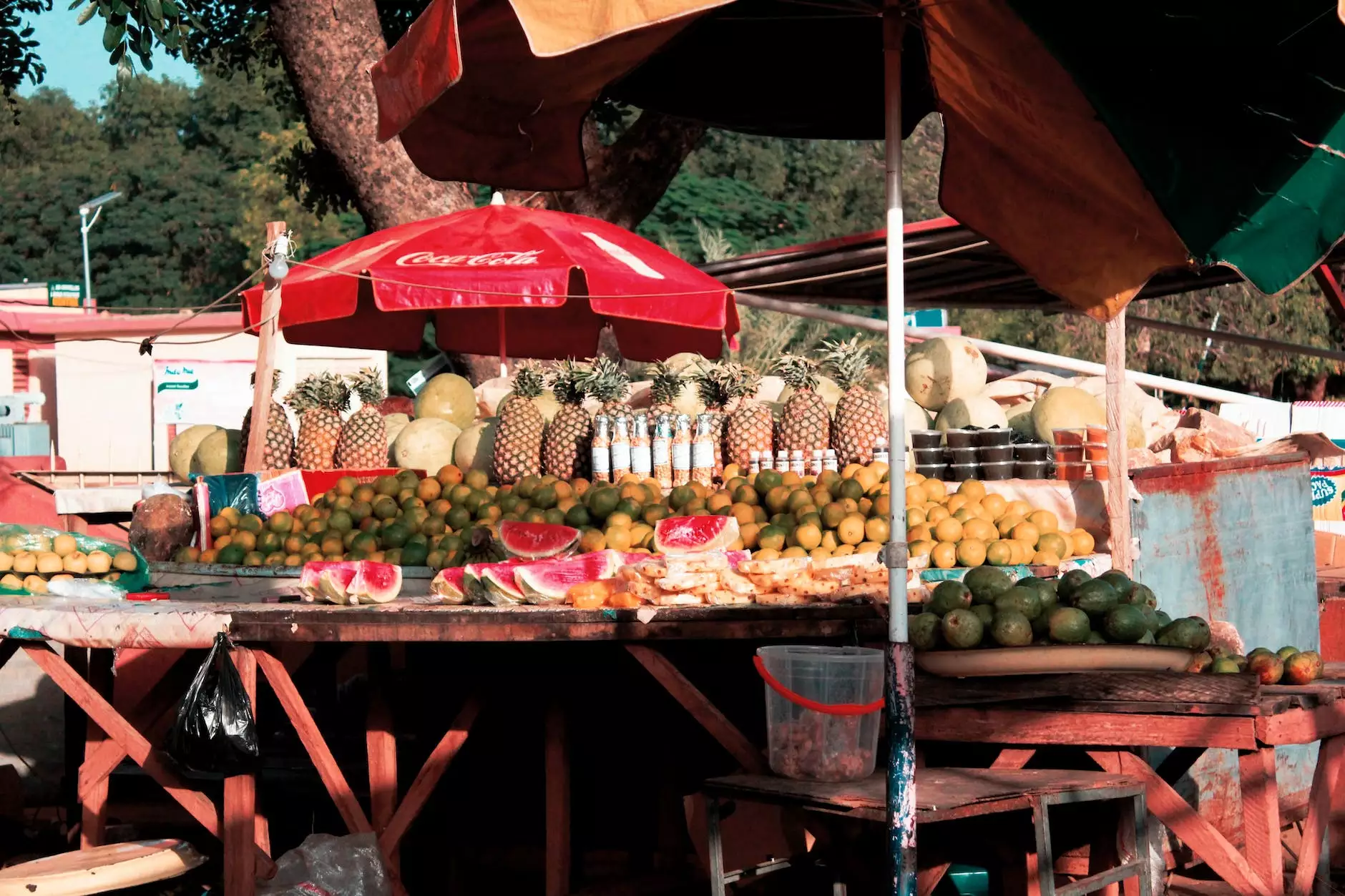Exploring the World of Fresh Chicken Suppliers

The global demand for chicken continues to soar, primarily due to its popularity among consumers seeking healthy protein options. As the need for quality chicken remains critical, the role of fresh chicken suppliers has never been more vital. In this comprehensive article, we will delve into the intricacies of sourcing chicken, focusing on Brazilian poultry exporters and the advantages of purchasing chicken in bulk.
Understanding the Dynamics of the Poultry Industry
The poultry industry is a multifaceted ecosystem that involves various stakeholders, including farmers, suppliers, processors, and retailers. Each of these players contributes to the overall quality and availability of chicken in the marketplace. Understanding this dynamic can help consumers and business operators make informed decisions.
The Rise of Brazilian Poultry Exporters
Brazil has emerged as one of the world’s largest poultry exporters, a title it has held for several years. The country boasts diverse poultry farms, ensuring ample supply to meet international demands. Here are some key factors contributing to Brazil's prominence in the poultry export sector:
- A Robust Supply Chain: Brazilian suppliers have developed a sophisticated supply chain that extends from hatchery to the retail market, ensuring freshness and quality are maintained throughout.
- High-Quality Standards: Brazil is known for its strict adherence to international quality standards, which includes animal welfare regulations and food safety protocols.
- Diverse Product Range: From whole chickens to value-added products, Brazilian poultry exporters offer a diverse array of options to cater to different culinary needs.
- Competitive Pricing: The favorable climate for poultry farming allows Brazilian suppliers to provide competitively priced products, appealing to a wide range of buyers worldwide.
Benefits of Sourcing Fresh Chicken in Bulk
Sourcing fresh chicken in bulk has several advantages that can significantly enhance your business operations:
- Cost Efficiency: Purchasing in bulk typically results in lower prices per unit. This is crucial for restaurants, food distributors, and grocery chains looking to maximize profit margins.
- Consistent Supply: By establishing a relationship with fresh chicken suppliers, businesses can secure a steady supply, reducing the risk of stockouts and ensuring customer satisfaction.
- Enhanced Quality Control: Working with trusted suppliers means that quality will be monitored consistently, providing peace of mind about the products being offered to end customers.
- Variety of Options: Bulk orders often come with the flexibility to customize orders based on specific needs, allowing businesses to offer diverse menu options.
Key Criteria for Choosing Reliable Fresh Chicken Suppliers
When selecting a supplier, it is essential to consider several factors that will influence the quality and reliability of the chicken sourced.
1. Compliance with Food Safety Regulations
Ensure that the supplier complies with local and international food safety standards. This compliance is critical for minimizing health risks and ensuring the safe consumption of chicken products.
2. Reputation in the Market
Research the supplier’s reputation within the industry. Look for reviews and testimonials from other businesses that have worked with them. A solid track record is an indicator of reliability.
3. Quality Assurance Processes
Inquire about the quality control measures the supplier has in place. A good supplier will have stringent processes for ensuring that only the best products are delivered.
4. Cost Structures
While lower prices can be appealing, it’s essential to evaluate cost structures carefully. Look for transparency in pricing and be cautious of hidden fees that can inflate overall costs.
The Environmental Impact of Poultry Production
As global awareness of environmental issues grows, sustainable practices in poultry production have emerged as a crucial focal point.
1. Sustainable Farming Practices
Many of the top fresh chicken suppliers are adopting sustainable farming practices that not only benefit animal welfare but also reduce their environmental footprint. This includes:
- Use of organic feed to minimize chemical use.
- Implementing waste recycling systems that convert poultry waste into valuable compost.
- Utilizing eco-friendly packaging materials for shipping products.
2. Reducing Carbon Footprint
Brazilian poultry exporters are increasingly investing in renewable energy sources and innovations that reduce greenhouse gas emissions, aligning with global sustainability goals.
Exploring Product Offerings from Fresh Chicken Suppliers
Global suppliers offer various chicken products to meet diverse consumer demands:
Whole Chickens
Whole chickens remain a staple product, ideal for various culinary preparations. These are often available in different sizes to cater to different household or business requirements.
Processed Chicken Products
Processed goods such as chicken nuggets, sausages, and marinated cuts provide options for businesses looking to save preparation time while offering variety to their customers.
Organic and Free-Range Options
As consumer preferences shift toward healthier and ethically sourced options, many fresh chicken suppliers are expanding their offerings to include organic and free-range chickens, providing a transparent supply chain that meets ethical standards.
Conclusion: The Future of Fresh Chicken Supply
The future of the poultry industry looks promising as demand for chicken continues to rise, propelled by its status as a versatile and healthy protein source. By partnering with established and reputable fresh chicken suppliers, businesses can ensure they provide only the best products to their customers while enjoying the benefits of bulk purchasing.
Through sustainable practices and a commitment to quality, Brazilian poultry exporters and others in the supply chain are set to meet the challenges and opportunities of tomorrow’s market. In doing so, they play an essential role in feeding a growing population while adhering to social, ethical, and environmental responsibilities.









